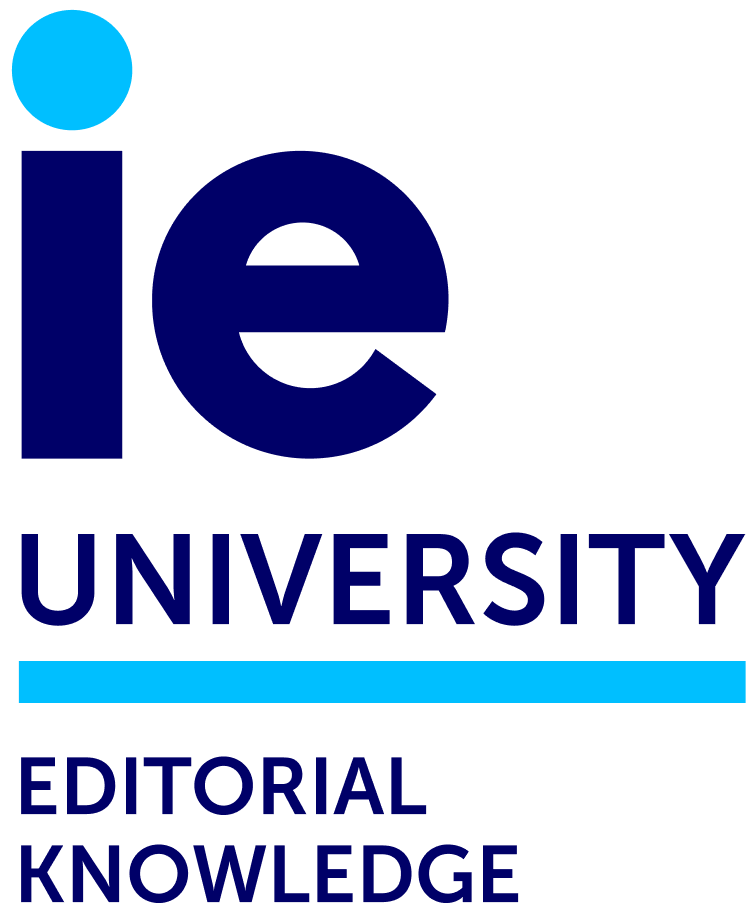The Happiness Advantage: The Seven Principles of Positive Psychology That Fuel Success and Performance at Work
Description
In the book that inspired one of the most popular TED Talks of all time, New York Times bestselling author Shawn Achor reveals how rewiring our brain for happiness helps us achieve more in our careers and our relationships and as students, leaders, and parents.
Conventional wisdom holds that once we succeed, we’ll be happy; that once we get that great job, win that next promotion, lose those five pounds, happiness will follow. But the science reveals this formula to be backward: Happiness fuels success, not the other way around.
Research shows that happy employees are more productive, more creative, and better problem solvers than their unhappy peers. And positive people are significantly healthier and less stressed and enjoy deeper social interaction than the less positive people around them.
Drawing on his original research—including one of the largest studies of happiness ever conducted—and work in boardrooms and classrooms across forty-two countries, Achor shows us how to rewire our brains for positivity and optimism to reap the happiness advantage in our lives, our careers, and even our health. His strategies include:
• The Tetris Effect: how to retrain our brains to spot patterns of possibility so we can see and seize opportunities all around us
• Social Investment: how to earn the dividends of a strong social support network
• The Ripple Effect: how to spread positive change within our teams, companies, and families
By turns fascinating, hopeful, and timely, The Happiness Advantage reveals how small shifts in our mind-set and habits can produce big gains at work, at home, and elsewhere.
Shawn Achor
Shawn Achor is one of the world’s leading experts on happiness, success, and potential. His research has graced the cover of Harvard Business Review, and his TED Talk is one of the most popular of all time, with more than 15 million views. Shawn spent twelve years at Harvard before bringing this research to nearly half the Fortune 100, as well as places like the Pentagon, impoverished schools in Africa, and the White House. His research has also been published in top psychology journals and featured in the New York Times, the Wall Street Journal, Forbes, and Fortune. His interview with Oprah Winfrey and his PBS program have been seen by millions. He now serves on the World Happiness Council and continues his research.


